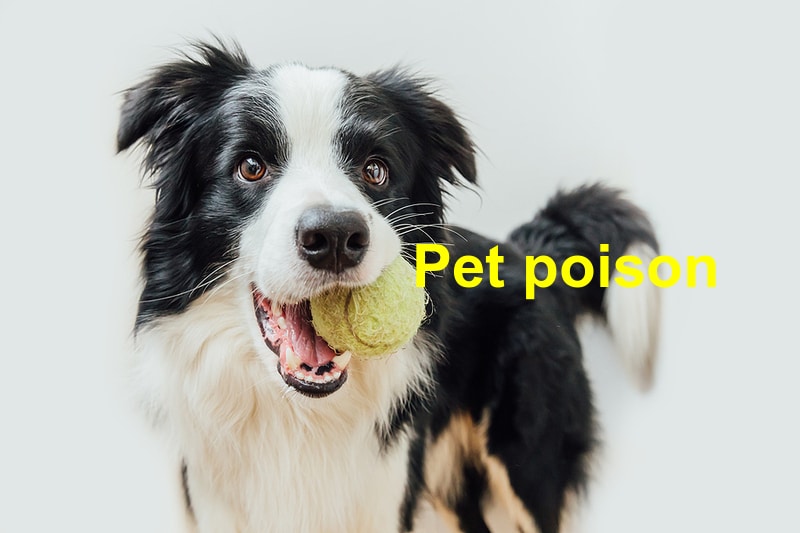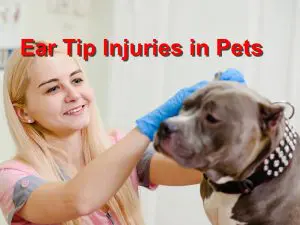The natural curiosity in most pets can often get them into lots of trouble. Since animals investigate and explore the world using their mouths, they can accidentally ingest various poisonous substances. Some pet poisons are much more obvious, like chemicals or paint on the pet’s skin. However, other poisons can be more insidious, like ingestion of drugs and plant materials. The article below describes the common pet poisons along with treatment recommendations. Remember to consult your vet if you believe your pet may have ingested a poisonous substance.
Common symptoms of pet poison
If your pet is experiencing any symptom of pain, agitation or discomfort, then you should check for exposure to pet poisons. Other common symptoms include exhaustion, lack of appetite, dilated pupils, diarrhea, ulcers, vomiting, disorientation, restlessness, convulsions and twitching. Some heavily toxic compounds can even put your pet into a coma. It is vital to offer immediate care if your pet is exposed to any poisonous substances.
Common types of pet poison
Here is a breakdown of various pet poisons based on how they come into contact with your pets:
Inhaled poison
- Insecticides
- Smoke
- Household chemicals
- Tear gas
Skin contact poison
- Paint remover and paint
- Petroleum products like gasoline
- Tar
- Pesticides like tick and flea medication
- Rodenticides
- Stinging nettles
- Household chemicals
Ingested poison
- Acid and alkaline compounds
- Petroleum products
- Household chemicals
- Xylitol
- All drugs
Poisonous plants
- Foxglove
- Mushrooms
- English ivy
- Tulip
- Peace lily
- Oleander
- Hemlock
- Mistletoe
Provide immediate care after exposure to pet poison
The first thing to do after your pet becomes exposed to poisonous substances is to contact your vet or the ASPCA Pet Poison Hotline. It is essential that you don’t offer any home treatment or induce vomiting without discussing with a poison control expert or your veterinarian.
Tips to prevent pet poisoning
- Keep your pets away from any work areas that contain any kind of harsh chemicals or contaminants
- Avoid keeping poisonous plants around your house and be on the lookout for such plants while playing outside with your dog
- Ensure all household chemicals are carefully sealed and locked away from your pets
- Follow all the instructions when using rodenticides, insecticides and pesticides to keep your pet safe
- Keep your prescription drugs safely and securely away from your pets to avoid any accidental drug ingestion
Conclusion
The world is full of many airborne substances, chemicals, plants and drugs that might be poisonous to your pets. Fortunately, you can use the tips shown above to keep your pets safe.




